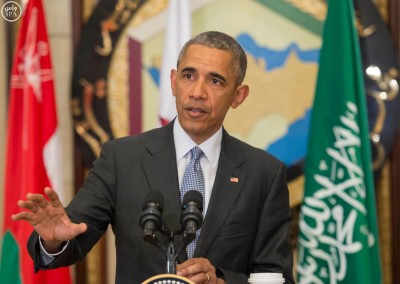The Presidential Debate: Looking for the Reality of US Foreign Policy
The first debate between Democratic Party candidate Hillary Clinton and Republican Party candidate Donald Trump has finished. There was a direct face off between these two strong personalities, and the American people’s interest rose to levels never seen before. But it is also a debate that must be given due attention by Japan and other nations who share U.S. relations.
One thing that stood out was Mr. Trump’s criticism of foreign nations, which became ensnared with issues such as the economy and security alliances. Mr. Trump named and criticized China and Mexico on economic issues, asserting that these nations are “stealing our … jobs.” He called for an overhaul of trade agreements, claiming that other nations are doing what they want to the U.S.
On the topic of security treaties, Mr. Trump developed an argument wherein allied nations should take on more of a burden by bringing up Japan, South Korea and Germany and saying, “we defend Japan, we defend Germany, we defend South Korea … They do not pay us.”
Mr. Trump’s assertions are based on a thought pattern wherein he attaches excessive negativity to current situations in the U.S. and seeks to blame outside entities as the cause. His has a strategy of screaming about U.S. loss as a result from being held down by foreign nations, thus spreading a victim mentality among U.S. citizens and then acting as the strong leader who will stand up to these situations.
However, Mrs. Clinton said at the debate, “I want to reassure our allies in Japan and South Korea… we have mutual defense treaties and we will honor them,” and she strongly criticized Mr. Trump’s statement about embracing Japan and South Korea as nuclear states. From the perspective of an interested nation, we can give Mrs. Clinton’s comments unwavering praise as an appropriate diplomatic path.
But the problem is the reality that, up to this point, Mr. Trump’s one-sided criticism of foreign relations has wide support among the American people. Grievances not necessarily based on facts – such as arguments directed at Japan for “riding on free security” – multiply. Those grievances somehow connect with real and difficult conditions, such as inequality and daily hardships, and come to a head during the presidential election. Assuming this, the roots must run deep.
The war of words from both of these candidates in this presidential election will continue until the vote on Nov. 8. The superpower that is the United States and its foreign policy will have enormous effect on interested nations, including Japan. This newspaper hopes for a de-escalation of the rabid mudslinging and a more realistic foreign policy discussion that wins over other nations with an interest in the outcome.


